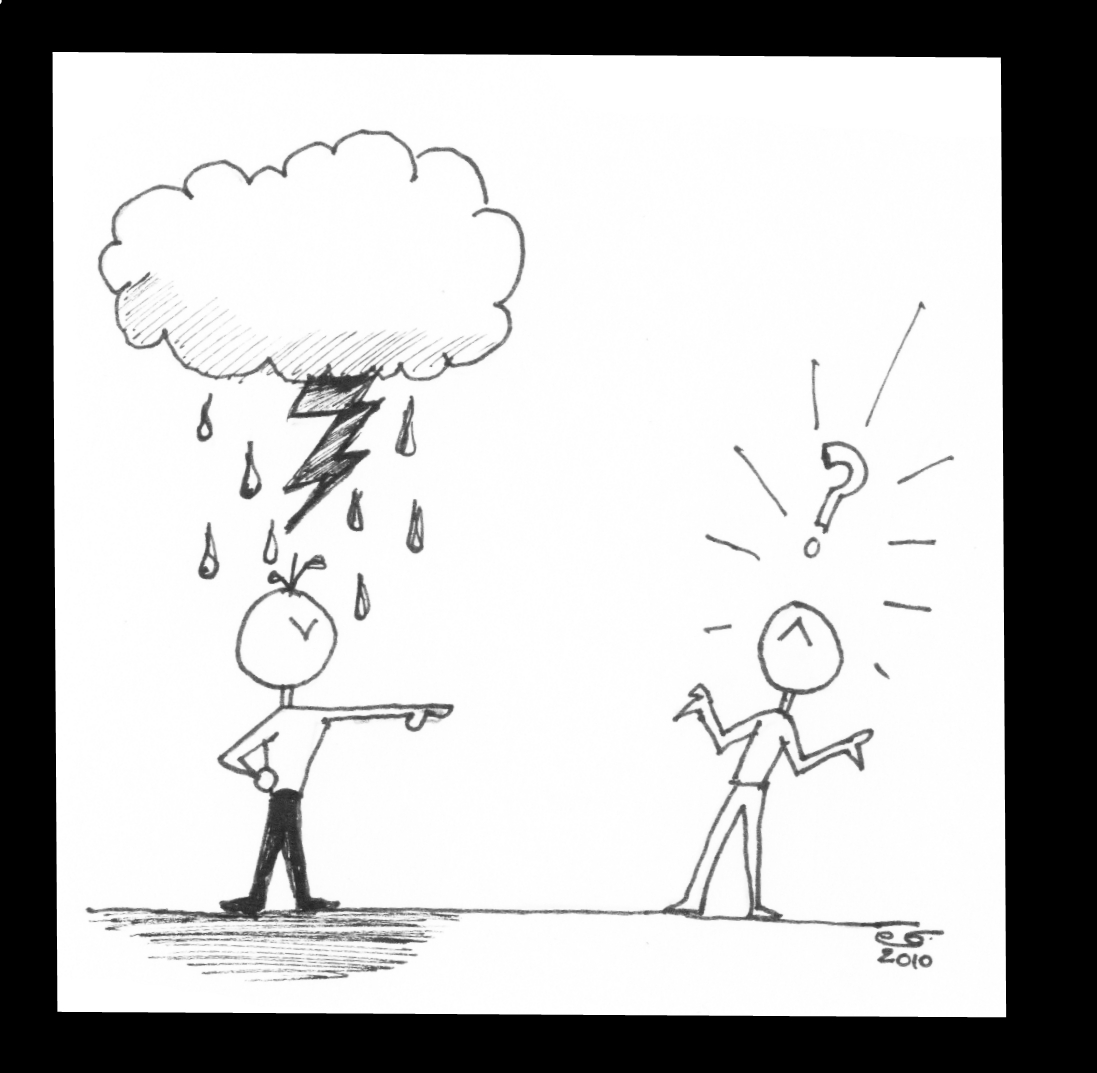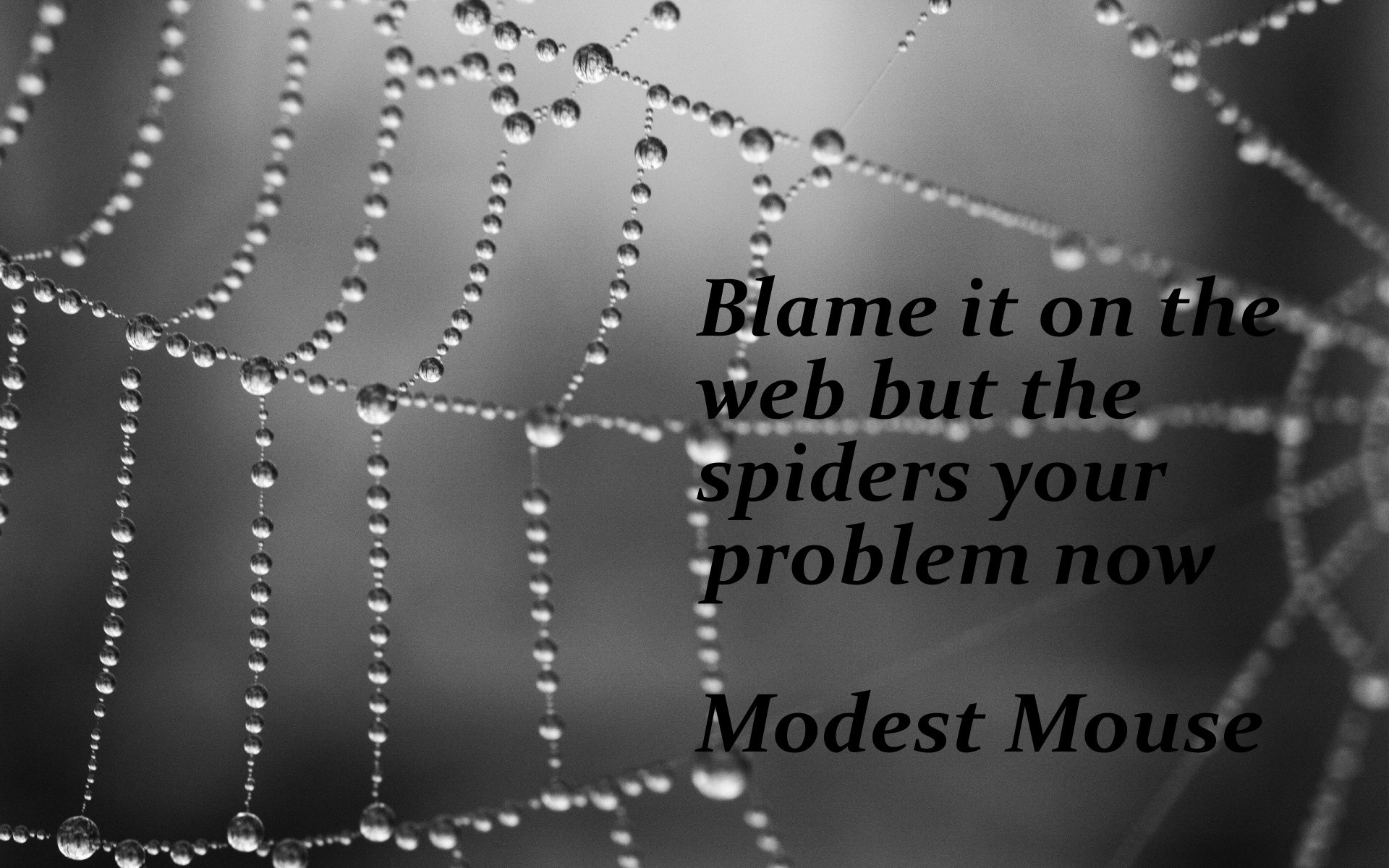Let’s face it, folks. We’ve all been there—misplacing our keys, forgetting deadlines, or zoning out in the middle of an important conversation. But when these moments happen more often than not, it might not just be a bad day. Blame it on your ADD, and you might actually be onto something. Attention Deficit Disorder (ADD) is more than just a fancy term for being scatterbrained; it’s a real condition affecting millions worldwide. And hey, if you’ve ever wondered why you can’t seem to focus no matter how hard you try, this article’s got your back.
Now, before we dive deep into the nitty-gritty of ADD, let’s clear one thing up. This isn’t just about blaming your brain for every little mistake. It’s about understanding what’s really going on and how you can take control. ADD isn’t a death sentence; it’s just a different way your brain works. And once you get the hang of it, life can actually become a whole lot easier—and maybe even a little more fun.
So, buckle up, buttercup. We’re about to unpack the science, the struggles, and most importantly, the solutions. Whether you’re diagnosed, suspect you might have ADD, or simply curious, this article has got all the answers you need. Let’s make sense of the chaos, shall we?
Table of Contents
- What Is ADD?
- Key Symptoms of ADD
- What Causes ADD?
- How Is ADD Diagnosed?
- The Impact of ADD on Daily Life
- Managing ADD: Strategies That Work
- Busting Common Myths About ADD
- Treatment Options for ADD
- Finding Support: You’re Not Alone
- Wrapping It Up
What Is ADD?
Let’s start with the basics, shall we? ADD, or Attention Deficit Disorder, is a neurodevelopmental condition that affects the way your brain processes information. Think of it like your brain running on a slightly different operating system. While most people can easily focus on tasks, manage time, and stay organized, those with ADD often find themselves struggling with these things. But here’s the kicker—it’s not because they’re lazy or lack motivation. It’s because their brains are wired differently.
Now, you might’ve heard of ADHD (Attention Deficit Hyperactivity Disorder). ADD is actually a subtype of ADHD, specifically the inattentive type. So if you’re wondering whether you’ve got ADD or ADHD, the answer is—they’re kinda the same thing, just with different flavors. Got it? Good.
Why Is ADD Often Misunderstood?
Here’s the deal—ADD is one of those conditions that gets a lot of flak. People often dismiss it as an excuse for bad behavior or poor decision-making. But the truth is, ADD is a legit medical condition recognized by doctors and scientists worldwide. It’s not about being "scatterbrained" or "spacey." It’s about having a brain that processes information differently, and that difference can make everyday tasks feel like climbing a mountain.
Key Symptoms of ADD
Alright, let’s talk symptoms. If you’re wondering whether you or someone you know might have ADD, here’s a quick rundown of the most common signs:
- Difficulty focusing on tasks for long periods
- Constantly losing things—keys, phones, you name it
- Struggling to follow instructions or complete tasks
- Daydreaming or zoning out during conversations
- Feeling overwhelmed by simple tasks
- Procrastination like it’s your job
And let’s not forget the emotional side of things. Many people with ADD also struggle with low self-esteem, anxiety, and frustration. It’s not just about the practical stuff—it’s about how all of this affects your mental well-being too.
Subtle Signs You Might Be Missing
Sometimes, ADD symptoms can be sneaky. You might think you’re just "bad at time management" or "not detail-oriented," but these could actually be signs of something deeper. Pay attention to patterns in your behavior. Do you consistently miss deadlines? Do you find yourself starting projects but never finishing them? These could be red flags worth exploring.
What Causes ADD?
Now, here’s where things get interesting. Scientists are still figuring out exactly what causes ADD, but they’ve got a pretty good idea. It’s a mix of genetics, brain chemistry, and environmental factors. If ADD runs in your family, there’s a good chance you might have it too. But even if it doesn’t, certain environmental factors—like exposure to toxins or premature birth—can increase your risk.
And let’s talk brain chemistry for a sec. People with ADD often have lower levels of dopamine, a neurotransmitter that helps regulate attention and motivation. This means their brains might not reward them for completing tasks the same way someone without ADD’s brain does. So yeah, it’s not just about "trying harder"—it’s about how your brain is wired.
Is ADD Just a Modern Epidemic?
Some people like to argue that ADD is a made-up condition, a product of our fast-paced, overstimulated world. But here’s the thing—ADD has been around for centuries. It’s just that we’ve only recently started understanding it better. Sure, modern life can make ADD symptoms more noticeable, but the condition itself isn’t new. It’s just that now we have the tools to diagnose and treat it more effectively.
How Is ADD Diagnosed?
So, how do you know for sure if you’ve got ADD? Diagnosis usually involves a combination of interviews, questionnaires, and sometimes even brain scans. A trained professional—usually a psychologist or psychiatrist—will ask about your symptoms, your medical history, and how these issues affect your daily life. And yeah, it can take some time to get a proper diagnosis, but it’s worth it to finally have answers.
One thing to keep in mind—there’s no single test that can definitively diagnose ADD. It’s more about looking at the big picture and ruling out other conditions that might be causing similar symptoms. So if you’re thinking about getting evaluated, be prepared to do some digging.
Why Early Diagnosis Matters
Getting diagnosed early can make a world of difference. When you know what you’re dealing with, you can start taking steps to manage it. Whether it’s through therapy, medication, or lifestyle changes, having a plan in place can help you thrive despite the challenges of ADD. And let’s be real—who doesn’t want to feel more in control of their life?
The Impact of ADD on Daily Life
Living with ADD isn’t easy. It can affect every aspect of your life, from work to relationships to personal well-being. Imagine trying to focus on a big project when your mind keeps jumping from one thought to the next. Or trying to keep track of all your responsibilities when your memory feels like Swiss cheese. It’s exhausting, to say the least.
But here’s the thing—ADD doesn’t just affect productivity. It can also take a toll on your mental health. Many people with ADD struggle with anxiety, depression, and feelings of inadequacy. They might feel like they’re failing, even when they’re doing their best. And let’s not forget the social impact. Misunderstandings and miscommunication can strain relationships, making it even harder to feel supported.
The Bright Side of ADD
Now, before we get too gloomy, let’s talk about the positives. People with ADD often have incredible creativity, energy, and problem-solving skills. They might struggle with traditional ways of thinking, but that also means they’re more likely to come up with innovative solutions. So yeah, while ADD can be challenging, it’s not all bad news.
Managing ADD: Strategies That Work
Alright, so you’ve got ADD. Now what? The good news is, there are plenty of strategies you can use to manage your symptoms and improve your quality of life. It’s all about finding what works for you and sticking with it. Here are a few tips to get you started:
- Break tasks into smaller, manageable chunks
- Use tools like calendars, reminders, and to-do lists
- Create a structured routine to stay organized
- Practice mindfulness or meditation to improve focus
- Get enough sleep and exercise to boost brain function
And don’t forget about therapy. Cognitive Behavioral Therapy (CBT) can be a game-changer for people with ADD. It helps you identify negative thought patterns and replace them with more productive ones. Plus, it gives you practical tools to handle stress and improve your overall well-being.
Medication: Is It Right for You?
For some people, medication can be a crucial part of managing ADD. Stimulants like Ritalin and Adderall are often prescribed to help improve focus and reduce impulsivity. But here’s the thing—medication isn’t for everyone. It’s important to work with a doctor to find the right treatment plan for you. And remember, medication should be used in combination with other strategies, not as a standalone solution.
Busting Common Myths About ADD
Let’s clear up some misconceptions, shall we? There are a lot of myths floating around about ADD, and it’s time to set the record straight.
- Myth: ADD is just an excuse for bad behavior. Nope. ADD is a real medical condition that affects how the brain works.
- Myth: Only kids have ADD. Wrong again. ADD can affect people of all ages, and many adults are diagnosed later in life.
- Myth: Medication is the only solution. While medication can be helpful, it’s not the only option. Therapy, lifestyle changes, and other strategies can also make a big difference.
So next time someone tries to dismiss ADD as "not real," you can hit them with these facts. Knowledge is power, folks.
Treatment Options for ADD
When it comes to treating ADD, there’s no one-size-fits-all solution. What works for one person might not work for another. That’s why it’s important to explore different options and find what works best for you. Here are a few treatment approaches to consider:
- Medication: Stimulants and non-stimulants can help improve focus and reduce symptoms.
- Therapy: CBT and other forms of therapy can help you develop coping strategies and improve your mental health.
- Lifestyle Changes: Exercise, a healthy diet, and good sleep hygiene can all play a role in managing ADD.
And don’t forget about support groups. Talking to others who understand what you’re going through can be incredibly validating and empowering. You’re not alone in this, and sometimes just knowing that can make all the difference.
Finding Support: You’re Not Alone
Finally, let’s talk about support. Living with ADD can be tough, but you don’t have to do it alone. Whether it’s through therapy, support groups, or simply talking to friends and family, having a support system in place can make a huge difference. And hey, if you’re still feeling unsure about where to start, that’s okay. The important thing is to keep moving forward and seeking help when you need it.
Where to Find Help
There are plenty of resources out there for people with ADD. From online communities to local support groups, you’ve got options. And if you’re not sure where to start, talking to a healthcare professional is always a good first step. They can point you in the right direction and help you find the support you need.
Wrapping It Up
So there you have it—everything you need to know about blaming it on your ADD. From understanding the science behind it to finding strategies that work, this article has hopefully given you some clarity and insight. Remember, having ADD doesn’t define you—it’s just one part of who you are. And with the right tools and support, you can thrive despite the challenges.
So what’s next? If you think you might have ADD, consider getting evaluated. If you’ve already got a diagnosis, start exploring different treatment options and strategies. And most importantly, don’t forget to be kind to yourself

